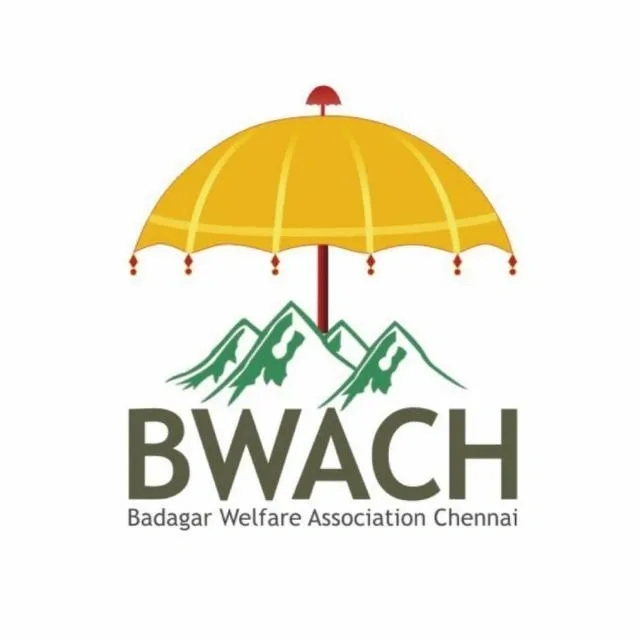BADAGA HABBAS (FESTIVALS)
(Badagas unit together for Festivals)
The Badagas are an ethno-linguistic community living in the Nilgiri district in Tamil Nadu, India. Hathi Habba is one of the most famous festivals in the Badaga community, which happens on the first Monday after the full moon day during the months of December and January (Hethai Habba always falls on a Monday (the most sacred day of badagas) after 12 HUNNAVE (Full moon) and on first Monday of the 13th HUNNAVE.). It is believed that they worship their seven founding ancestors under the name Hetha. Hathi Habba created a sense of unity that binds their culture together.
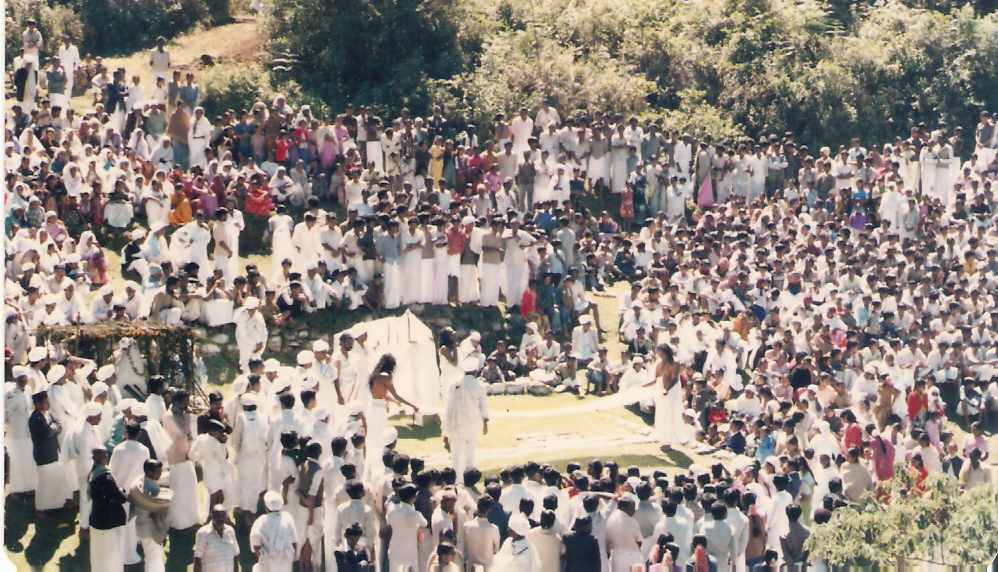
Every year, lakhs of people from the Badagas community in the Nilgiris district of Tamil Nadu gather and participate in the biggest festival, Hethai Amman. Badaga community people wherever they live either in India or elsewhere they make it a habbit to come over to their native place and submit their kanikkai in the form of just twenty-five pasie coins (in older days) and now one-rupee coins. The deity of Badagas is HETHAI, the all-powerful Goddess whose history is an epic inspiration.
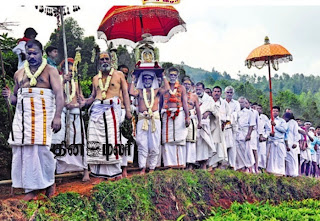
The history of Hethai has been passed on from generation to generation by folklore and ballads. Most of them believe that Hethai Habba is not a festival though Habba is prefixed with Hethai, but it is a ceremony. During this festival men and women across the district visit various Hethai Manae particularly in Baraganni and Bethuva cladding with white dress. Thundu (a white piece of cloth) among the badaga women and Seeley forms an integral part of the attire of the Badaga men.
Goddess Hethai Habba is the biggest festival for badagas and believing that hethai protects and favours for community. In the year 2012, Thaivaselvi Dr J. Jayalalitha (then Chief minister of Tamilnadu), declared local holiday for hethai Habba for nilgiri district. Since 2012 the nilgiri has been enjoying a local holiday on the main Baragini Ethai Habba day.
Badagas another important festival is Devva Habba. Devva Habba provides significant insights into the origin of Badagas. Though Devva Habba is celebrated in hattis of major Badaga Villages the Devva Habba celebrated in Kadanadu and katary are highly special to mention. In Devva Habba the main deity is Hiruyodayya (Sivan). The rituals followed by our forefathers are still being followed in Devva Habba. They have certain rules and regulations to be followed in implementing their cultural rituals from the birth of a child and follows through functions like puberty, marriage, naming ceremony, seventh-month pregnancy, housewarming, and finally in death.
Almost all villages they worship Mariamman. During time of early 1900s they were known to swear very solemn oaths at the Sri Mariamman temple.
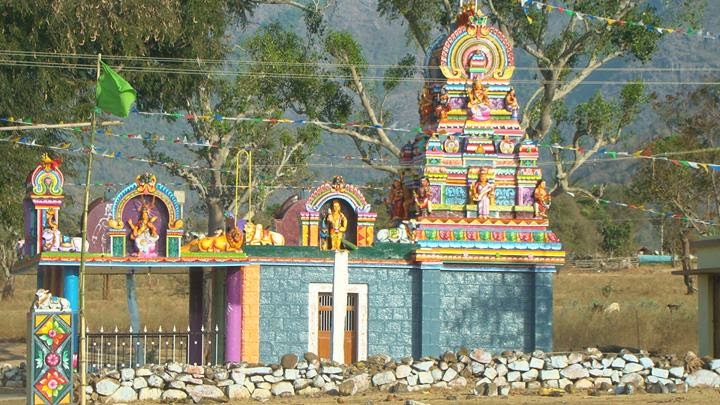
Other important badaga habbas are Kariyabattarayar Habba, Dhoddabba, Shivarathiri Habba, Sakkalathi Habba, Uppattabba, kanjikol Habba, Karthikai deepam Habba. Margazhi Habba, Maalinga gudi Habba, Paruva gudi Habba etc
In addition to the above common habbas, each and every hatties are celebrating their own Habba according to the God / Goddess temples present in their hatties. Viz. Vinayagar chadurthy, Murugar (Theru – car) Habba, Krishnar jayanthi, Hunuman jayanthi, Basava jayanthi, Maa khali Habba, Maari Habba, Iyappa Habba, Sai Habba, Ranganathar Habba etc.
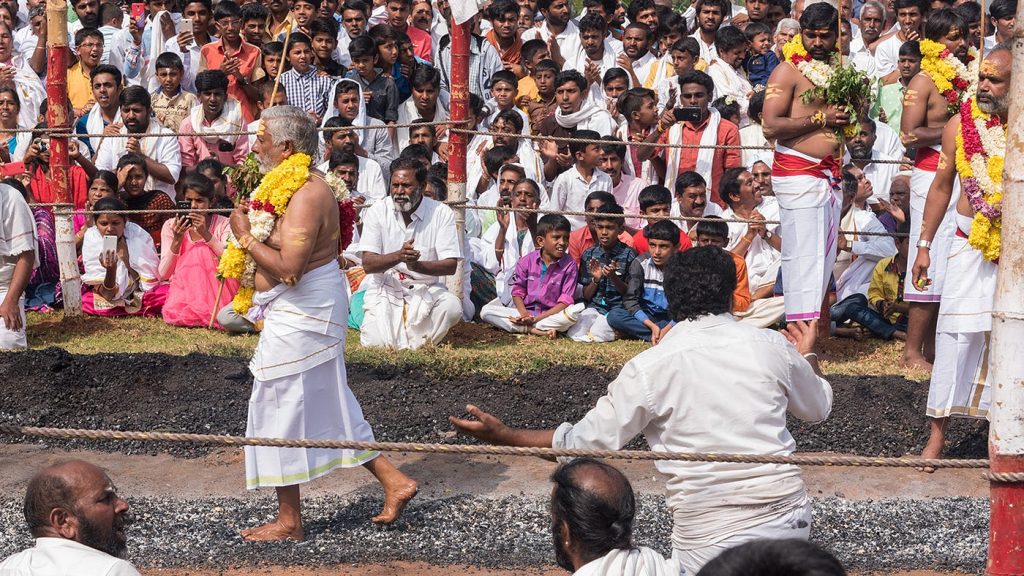
Badagas treating nature as God or deity and do worship since origin of badagas.
Hothu (Sun) worship: Badagas consider luminary as a deity or God. Soon as badagas got up early in the morning, they worship Hothu (considered as an incarnation of lord Shiva).
Deevigai (ghee or oil lamp) light worship: Mathilu Deevikai or Peeta Deevigai light worship is a primitive worship of badagas. Believing that praying bright shine (light) gives bright atmosphere and bright future in life.
Kitchu or Agni (Fire) worship: Kitchu worship is also primitive worship of badagas. In many badaga festivels devotees walk on Mantha kitchu – kenda (firewood pieces) and worship Agni deva.
Badagas ancient fire making process is still follow and demonstrated as a necessary ritual during their Dhevva Habba. Fire is produced by friction by rubbing two bamboo stems or rubbing two stones. The fire making process is called Nellikolu kitchu and the stick is called Nellikolu.
Neeru (Water) worship: Badagas worship Neeru or Gangae. Badagas do pooja in stream and also in temple tank. In the badaga marriage bringing vessel with water in Bride head and four other ladies from temple tank to Bridegroom house is one of the badaga customs.
Snake worship: Snake (Haavu) probably called as Nagappa. Badagas consider snake as an incarnation of Lord Vishnu. Snake worship is in process from Neolithic period. Snake worship temple is called Nagaraja Temple or Kamabu gudi.
